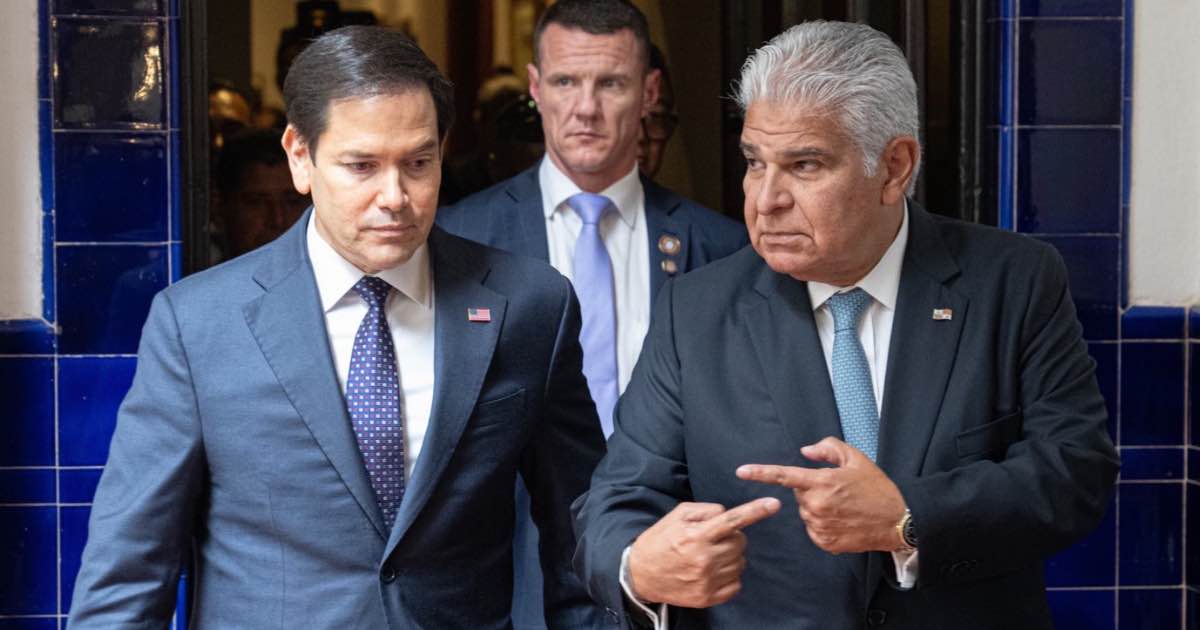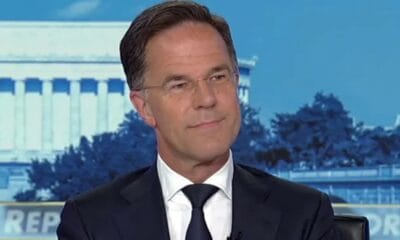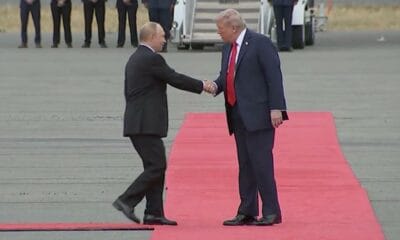Foreign Policy
Trump’s Canal Victory: Panama Ends Key Deal with China

As reported by Fox News, Panama’s President José Raúl Mulino announced plans to end a significant development deal with China after meeting with U.S. Secretary of State Marco Rubio. This marks a pivotal shift in Panama’s foreign policy, emphasizing its intent to strengthen ties with the United States amid growing concerns over China’s influence in the region.
Panama’s Strategic Shift
President Mulino affirmed that Panama’s sovereignty over the 51-mile-long Panama Canal—a key passage connecting the Pacific Ocean with the Caribbean Sea—remains intact. However, he confirmed that Panama will not renew its 2017 memorandum of understanding with China’s Belt and Road Initiative. Instead, Panama seeks closer collaboration with the U.S., focusing on trade and investment.
“This visit opens the door to building new relations and increasing U.S. investments in Panama,” Mulino said after meeting with Rubio. This trip is Rubio’s first international visit as Secretary of State, highlighting Panama’s importance in U.S. foreign policy.
I met with Panamanian President @JoseRaulMulino and Foreign Minister @javierachapma to make clear that the United States cannot, and will not, allow the Chinese Communist Party to continue with its effective and growing control over the Panama Canal area. We also discussed… pic.twitter.com/Hj0pXGahqk
— Secretary Marco Rubio (@SecRubio) February 2, 2025
Rubio, a former U.S. Senator from Florida, stressed America’s commitment to countering China’s growing influence. “The United States cannot, and will not, allow the Chinese Communist Party to continue its control over the Panama Canal area,” Rubio stated on social media.
President Trump has voiced concerns about China’s role in the Panama Canal, accusing Beijing of imposing high fees on U.S. ships. The canal, built by the U.S. and completed in 1914, was transferred to Panama during President Carter’s administration.
U.S. Legislative Response
In response to these concerns, House Republicans introduced the Panama Canal Repurchase Act. This bill authorizes the U.S. President to negotiate with Panama to reacquire control of the canal. Rep. Dusty Johnson (R-S.D.), who introduced the bill, emphasized the strategic risks posed by China’s presence.
“President Trump is right to consider repurchasing the Panama Canal,” Johnson said. “China’s interest in the canal is a cause for concern. America must project strength abroad—owning the canal could strengthen America and secure the globe.”
If passed, the legislation would allow the U.S. President and Secretary of State to negotiate with Panama’s government. This reflects bipartisan agreement on the need to counter China’s ambitions in key regions.
The Panama Canal is vital to the U.S., with around 72% of vessels passing through linked to American ports. It also supports military operations, including Coast Guard and Defense Department ships. Without canal access, maritime routes would require an additional 8,000-mile detour around South America.
“Over 10,000 ships use the Panama Canal annually, generating billions in toll revenue that could benefit America,” Johnson’s office noted. This revenue, combined with the canal’s military value, supports the case for reacquisition.
While the future of U.S.-China relations remains uncertain, Rubio’s visit signals renewed U.S. efforts to secure its interests in the Western Hemisphere. Beyond canal issues, Rubio and Mulino discussed tackling mass migration and promoting fair trade for U.S. businesses.
“We also discussed efforts to end the hemisphere’s mass migration crisis and ensure fair competition for U.S. firms,” Rubio added.
This development reflects a broader geopolitical shift. As Panama distances itself from China’s Belt and Road Initiative, deeper economic, political, and security partnerships with the U.S. are expected.























